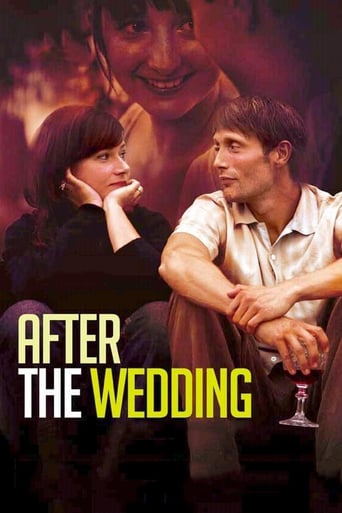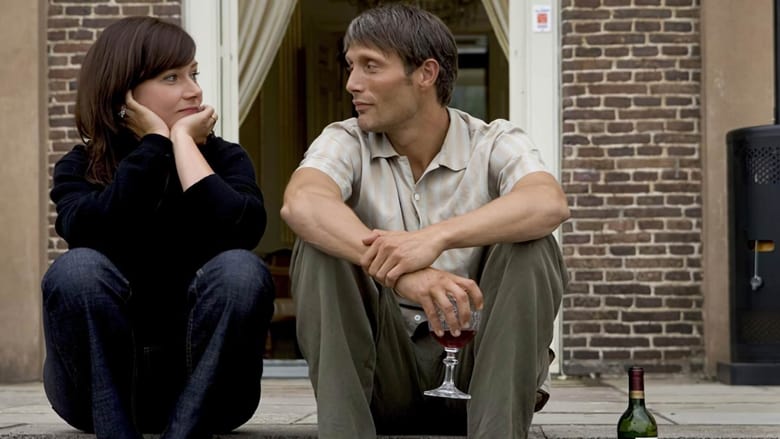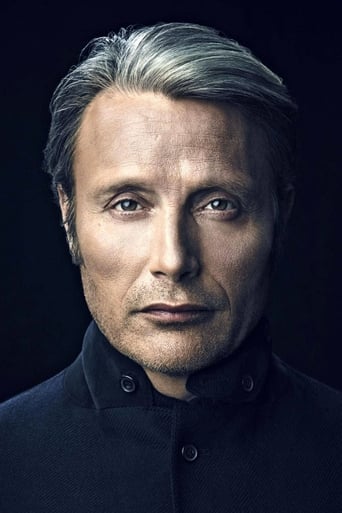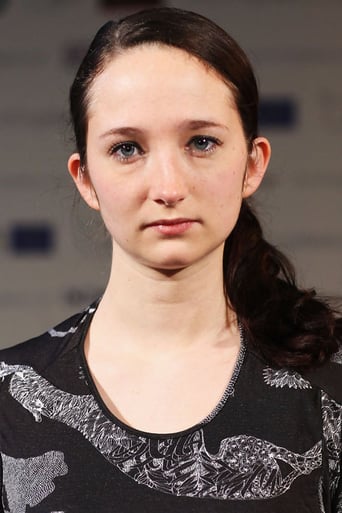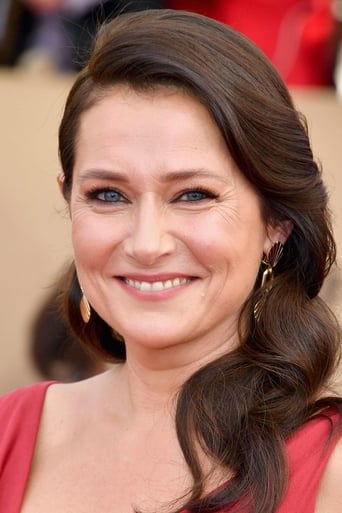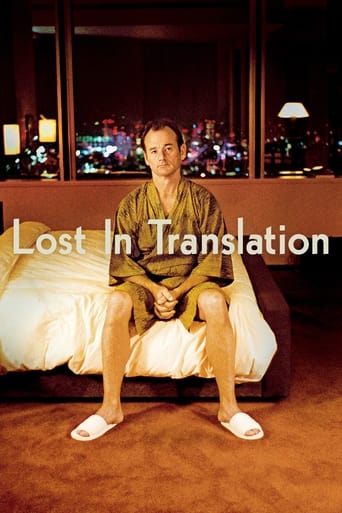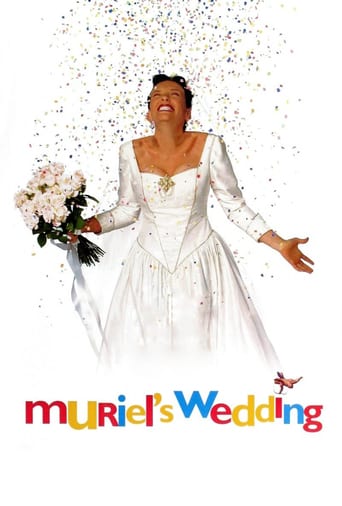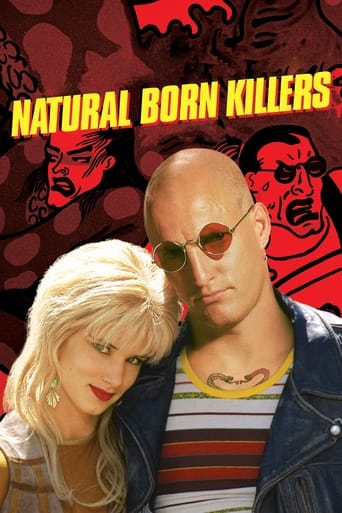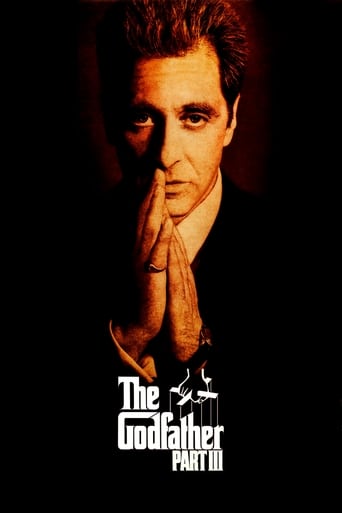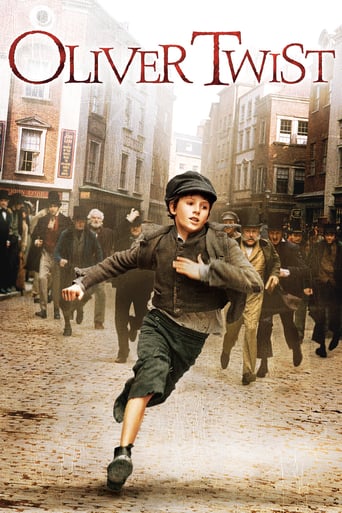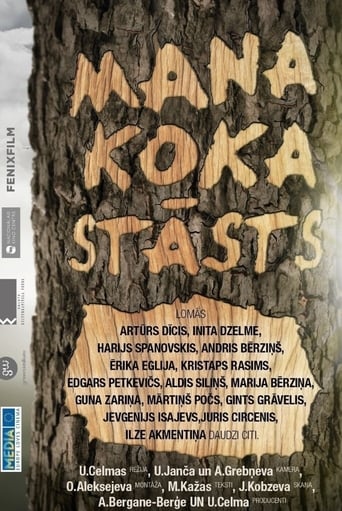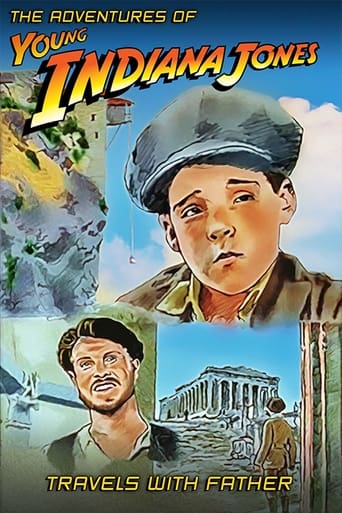After the Wedding (2006)
A manager of an orphanage in India is sent to Copenhagen, Denmark, where he discovers a life-altering family secret.
Watch Trailer
Cast
Similar titles

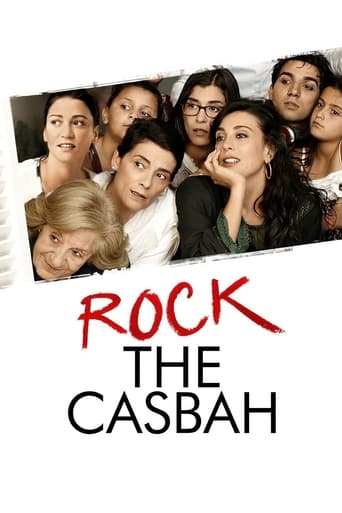
Reviews
Powerful
if their story seems completely bonkers, almost like a feverish work of fiction, you ain't heard nothing yet.
I think this is a new genre that they're all sort of working their way through it and haven't got all the kinks worked out yet but it's a genre that works for me.
It is neither dumb nor smart enough to be fun, and spends way too much time with its boring human characters.
The story is somehow good and humanitarian and all that, but the plot and dialogue are very motionless, boring, dull and superficial.
VERY disappointing after all the great reviews.The story is maudlin, predictable, and completely unbelievable; and it takes itself so seriously that it practically begs to be laughed at. The direction is sloppy and plodding, leaving out what matters and leaving in what doesn't. The cinematographer used a hand-held camera for tight closeups far too often, for no reason, so that often the screen is filled with one huge head (sometimes one huge eye) bobbling around.All the actors are mediocre at best; none of the relationships are believable; and all the characters were either so badly written or so badly acted that I never believed or cared about any of them - except the tough, smart, adorable little boy in India, who was on screen for no more than ten minutes.I don't understand why Mads Mikkelsen is so popular; he acts and looks like an unwrapped Egyptian mummy. David Dencik, another Scandinavian actor, is infinitely more interesting and attractive; unfortunately he's not on hand to save this leaden turkey. This was my first and (I hope) my last Susanne Bier movie.
This close to reality drama directed by Susanne Bier tells the story of a Danish orphanage manager, Jacob, who is requested by a wealthy Danish citizen to leave Bombay, India and the kids he has become so close with only to return to Denmark to discuss the possibility of funding. This wealthy citizen, Jorgen, provides the best accommodations for Jacob and even ends up inviting Jacob to his daughter's wedding. It seems out of sheer chance that Jacob runs into a woman, Helene, with whom he had a romance with 20 years ago, and she also happens to be Jorgen's wife and the mother of the bride. The bride, Anna, consequently makes a speech during the dinner that confesses although Jorgen is not her biological father, he has been present for her entire life and has supported her dreams. Jacob immediately realizes there is a big chance Anna is his daughter. After Helene's confirmation, Jacob begins to get to know his daughter while Jorgen seemingly stalls the funding process for the orphanage. We soon find out exactly what Jorgen's intentions have been all along. I give this film such a high score in regards to stars because of the purity and realistic nature of the acting. The plot and story even felt as though it could have been taken from real events. Mads Mikkelson (Jacob), Rolf Lassgard (Jorgen), Sidse Babett Knudsen (Helene), and Stine Fisher Christiansen (Anna) all provide performances that are credible and subtle. The acting found in this film is not acting that would be found in the typical Hollywood film where over-the-top is generally celebrated.The theme of fidelity and infidelity is visited many times in After the Wedding. 20 years prior to the time this film takes place during, Jacob cheats on Helene, which resulted in her leaving him. Mirroring the circumstances of her mother 20 years prior, Anna walks in on her new husband having sex with a friend of hers. We see the devastation that Anna goes through as well as the devastation that Helene remembers from 20 years ago. The only faithful man in this film (among the main characters) is Jorgen, who ends up sacrificing himself somewhat in order to provide the best life for his family after he is gone. As for cinematic techniques, or rather themes, there were countless extreme close ups of eyes. Not just eyes of living characters, but also of mounted taxidermy animals on the walls of Jorgen's house. It is entirely possible that these close ups are used to show the deep emotions that are being felt by these characters, but why the taxidermy animal eyes? It may be an image that connects both life and death, which is what Jorgen is struggling with. It could also be more literal in the fact that eyes are always watching a person and their actions. This still remains a mystery to me, however.Philanthropy and the good will of people come through this film as well. Jacob was originally a free-spirited drunk which is referred to many times, but it seems as though his philanthropic deeds have saved his life (as well as others). The children at the orphanage and those that work there are portrayed as being good, honest, humble people that are not tainted by drama. The children are a symbol for all that is innocent in comparison to the themes of infidelity and non-truths by the Danish characters. After the Wedding is a fresh look at the differences between the haves and the have nots of society and the problems that plague each of them. As Jorgen leaves this world, he gives his money to those that need it in addition to taking care of his family. Towards the beginning of the film, Jorgen doesn't actually consider the reasoning to donating his money other than to bring Jacob to Denmark. Towards the end of the film, the viewer is able to see Jorgen realize how precious life is when he breaks down into the arms of his wife on his birthday in their bedroom. It can be seen that Jorgen only then truly understood the value of life and of the life he has given to have nots in India. He pleads and doesn't want to die, but I do think it is at that moment he accepts his fate. Through his death, many, many children were able to live their lives in a stable environment away from the kind of dramas the family faced through the film.
The Danish film, After the Wedding, directed by Susanne Bier is beautifully formulated to make you cry, laugh, think, and cringe. This film includes several multifaceted characters that constantly keep you guessing as to who they are as a person. Jacob, the main character, lives in India and works for an orphanage, he travels to Denmark to meet with a millionaire, Jørgen, in hopes of getting a loan to keep the orphanage from shutting down. Jørgen is married to Helene whom has three children, two younger boy twins and a daughter whom we assume is in her early twenties. The daughter, Anna, gets married to Christian early on in the film. After the wedding, as one can presume from the title, everything in this family dynamic changes and secrets from the past begin to unfold. The audience soon finds out that Jacob is Anna's father and Helene's past lover. The rest of this drama filled film deals with the themes of family relationships and morality, while the director Bier implements extreme-close ups in order to expose the characters raw emotions. The director of this film, Susanne Bier, is known for her somewhat obsessive interest in family relationships. After the Wedding, seemingly deals with every kind of family relationship one can think up, even those that are not related by blood. Relationships between parents and their children stand out at the most important and loving aspect of this film. During the first ten minutes of this film both Jacob and Jørgen are introduced by showing their love toward children. Jacob has somewhat adopted an Indian child, Pramod, who he raised since he was a week old, when Jacob must leave Pramod for Denmark you can see the love in his heart for the child. Jørgen is first introduced as he reads a children's book to his twin boys and impersonates the voice of a duck. It is clear from the beginning that both of these men would do anything to help these children and that is why this film is so special and heart wrenching. At Anna's wedding it is announced in her speech that Jørgen is not her biological father, but that still loves him just as much. This idea of being a parent to someone who is not your biological child comes up in this movie from both Jacob and Jargons point of view. Other types of relationships are also portrayed however, such as struggling marriages, indefinitely, death and jealousy. Through all of these intermingled relationships a sense of maturity and calmness resonates over a majority of the characters. Jørgen is secretly dealing with his impending death, but other characters such as Jacob, Anna and Helene all figure out how to work with the situation they are dealt with while exuding love as much as they possibly can. In some ways this film is a lesson to all about how to deal with adverse situations. The morality of this film struck me due to the fact that this film lent no easy choices or happy endings. Constantly the characters had to deal with situations regarding right and wrong. Jacob, who loved India, had to make the decision of weather to save the children of the orphanage that he loves, or to live in Denmark, which he despised. Jørgen had to make the decision to help the orphan children financially and how to protect his family after he has passed away. Anna had to decide weather or not to accept her new father into her life. Helene had to deal with the implications of telling her daughter about Jacob, and also weather or not to tell Anna about Jargons illness. It always seemed that one of these characters was going to be morally corrupt and end up disappointing the audience. But I never felt that way, which surprised me because in the end I sympathized with ever character, apart from the cheating groom Christian. Jacob kept asking Jørgen, "Why are you doing this?", "What do you get out of this?", "What is in this for you?". Although the audience did not find out until the end of the film that Jørgen was going to die and that he wanted Jacob in Denmark to take care of his family, he also donated over 12 million dollars to the orphanage. You could sense that Jørgen was a good person; he was just dealing with dark burdens inside that made him seem insincere. Was it wrong for him to donate the money out of selfish reward? Maybe, however all parties involved benefited and some hope remained for the grieving Danish family and the impoverished Indian orphans. That is always Susanne Biers goal, to implement very intense story lines that deal with many uncomfortable situations, but in the end leaving the audience with hope for the future. Some believe that all of ones emotions can be seen through their eyes. After the Wedding in every single scene includes an extreme close-up of characters eyes at pivotal emotional times. Whether it is that a character is tearing up, concerned, happy, or confused, the close-up camera shots are able to force the audience to feel their emotions. An example that includes all of the main characters is when Anna is making her emotional wedding speech; a close-up of her eyes shows her love towards her parents, as Jargons eyes are beaming at the kind words. Jacobs's eyes are in panic as he figures out that Anna is his child, while Helene's eyes show sorrow, as she knows that everything from that moment on would change. Even the foreshadowing of Jørgen's death includes the dead fox and deer eyes. This technique, following Bier's interest in Dogme 95, is instrumental in depicting the characters raw emotions as opposed to relying on background special effects. This excellent film will make you think hard about life, as it is universally relatable.
